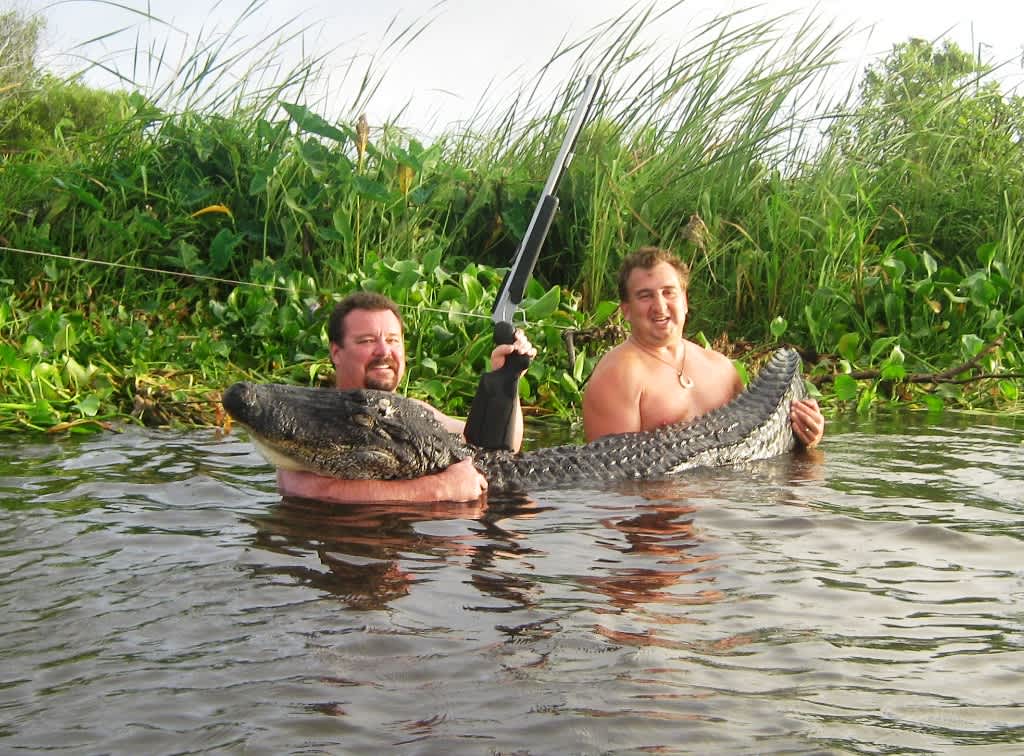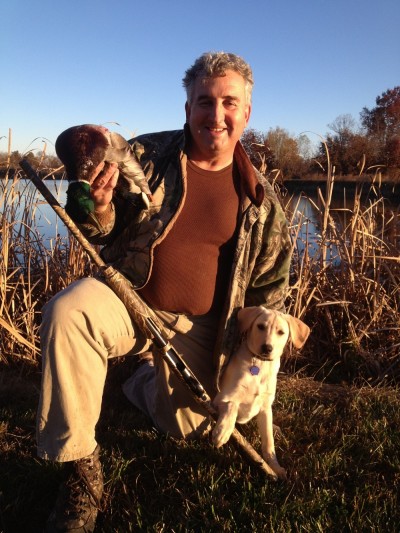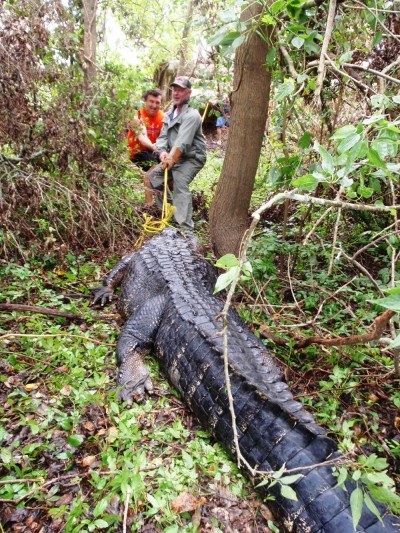Drake Dawson Named SCI’s North American Outfitter of the Year
Hunting with Joe Byers 02.04.14

Drake Dawson, the most recent recipient of the Safari Club International (SCI) North American Outfitter of the Year award, started his hunting career like most, under the watchful eye of his father. The Dawson family lived in rural Missouri in a time when quail were the most common quarry. Drake’s father raised quail, pheasants, and chukars and then took clients on afternoon hunts, and Drake began his career in the hunting industry as a bird boy, or in his mind an “assistant guide.”
His parents love to travel, and Drake had traveled to most of South America, Southern Africa, Europe, and Asia before his twenty-first birthday. His first experience with a professional hunter was on safari in Zimbabwe, when he was 17. On Christmas morning he shot his first elephant and another two days later and later bagged two Cape buffalo and many other animals. The family took four elephants during that hunt, though they had fourteen on quota in those bygone days when the trophy fee for an elephant was $1,600. This was before Drake had shot his first whitetail deer.

Drake was accepted to Pepperdine’s law school after college, but was lured away by a fortuitous opportunity in the seafood business. He and some friends were going to Louisiana and his father asked him to bring back a load of shrimp. The ambitious young man took his father’s words literally and returned with 2,000 pounds, far more than the family could eat. “I went to local grocery stores and quickly sold them for a hefty profit,” Dawson remembered fondly. A lesson learned, he repeated the trip, and realized that real money could be made in the seafood business. The experience was so positive that Dawson told his family that he would not go to law school, but concentrate his energies in his newly found vocation. In addition to seafood, he sold exotic meats including alligator. With the help of friends he began hunting alligators and made acquaintances that turned out to be lifelong friendships he still cherishes today.
When the exotic foods market fell apart, Dawson believed he could make a living selling alligator hunts even in Louisiana’s limited one-month season. With the help of his friends, he established a very successful outfitting business with parameters quite different than the competition in Florida.
Although Dawson won this award based on professional skill, surely his personality and friendly demeanor played a part. At the time of this phone interview, he was cooking two orders of alligator, frog legs and catfish. “I’m frying the catfish, but sautéing the alligator like snitzel with garlic, fresh parsley, and white wine,” he said. “We serve that to all of our hunters and they quickly learn that alligator is an awesome meat. Some people fry it in chunks, but we cut all of our own and get really nice fillets. Ironically, the bigger the gator, the better the cuts and the taste.”
Dawson is very honored with the award, especially meaningful since he has dedicated so much of his life to SCI and its activities. “They must have just run out of people or they want someone who likes drinking beer from a can,” he laughed.

Three-day alligator hunts are the norm in the industry, yet Dawson believes that hospitality should be the base line for any outfitted hunt. “Everyone has a good time on our hunt,” he said, and most get gators. “Our five-day hunts are quite different than the competition, and the outing lasts five days and five nights with live entertainment every night in camp. I remember my hunters from 20 years ago and they remember me,” he said proudly. “We have a lot of big gators and frequently set records.”
Dawson believes that Louisiana gators have about twice the girth of a Florida alligator of the same length. One of his hunters recently took a reptile beast that measured 12 feet, 10.5 inches that weighed right at 1,000 pounds. However a client tackles a gator, excitement is guaranteed and even a boat hunt can turn into a swamp march. Navigating in shallow water can be tricky and if the boat gets stuck, a client may have to walk two miles back and then you can’t be sure who is hunting who.
Dawson’s hunting tactics to bag the giant reptiles are unique to Louisiana swamp safaris. Some are shot in spot and stalk style, others caught with a hook like some giant fish, while the most exciting way is to use a large grappling hook and “snag the sucker.” Using 60 feet of 2,000-pound test nylon, guide and hunter battle the gator in the swamps until they can haul it in the boat and shoot it at close range with a pistol. “I have had grown men wet themselves when a gator gets in the boat,” laughed Dawson, reveling in the excitement. “Many say it’s the most exciting hunt they’ve ever been on.”

